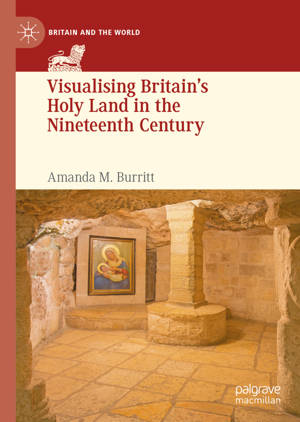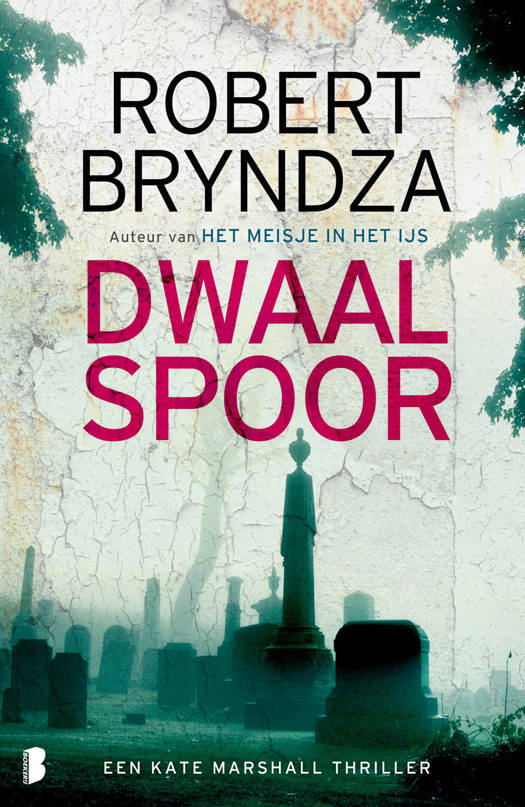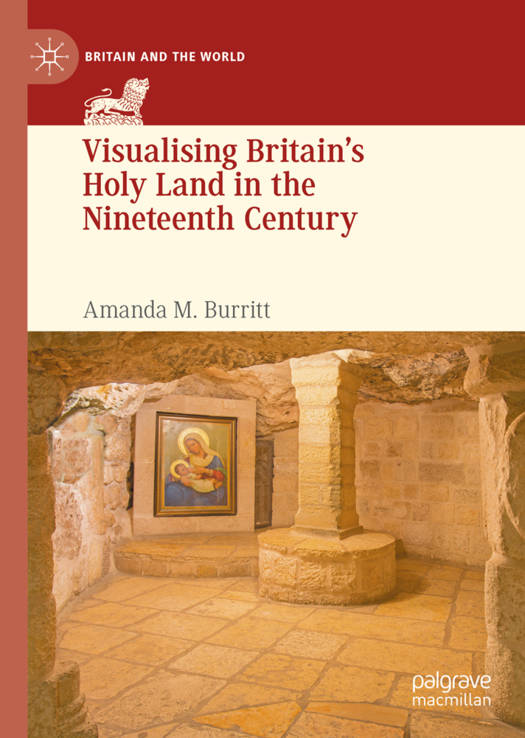
- Afhalen na 1 uur in een winkel met voorraad
- Gratis thuislevering in België vanaf € 30
- Ruim aanbod met 7 miljoen producten
- Afhalen na 1 uur in een winkel met voorraad
- Gratis thuislevering in België vanaf € 30
- Ruim aanbod met 7 miljoen producten
Zoeken
Visualising Britain's Holy Land in the Nineteenth Century
Amanda M Burritt
€ 52,95
+ 105 punten
Uitvoering
Omschrijving
This book demonstrates the complexity of nineteenth-century Britain's engagement with Palestine and its surrounds through the conceptual framing of the region as the Holy Land. British engagement with the region of the Near East in the nineteenth century was multi-faceted, and part of its complexity was exemplified in the powerful relationship between developing and diverse Protestant theologies, visual culture and imperial identity. Britain's Holy Land was visualised through pictorial representation which helped Christians to imagine the land in which familiar Bible stories took place. This book explores ways in which the geopolitical Holy Land was understood as embodying biblical land, biblical history and biblical typology. Through case studies of three British artists, David Roberts, David Wilkie and William Holman Hunt, this book provides a nuanced interpretation of some of the motivations, religious perspectives, attitudes and behaviours of British Protestants in their relationship with the Near East at the time.
Specificaties
Betrokkenen
- Auteur(s):
- Uitgeverij:
Inhoud
- Aantal bladzijden:
- 239
- Taal:
- Engels
- Reeks:
Eigenschappen
- Productcode (EAN):
- 9783030412609
- Verschijningsdatum:
- 12/04/2020
- Uitvoering:
- Hardcover
- Formaat:
- Genaaid
- Afmetingen:
- 148 mm x 210 mm
- Gewicht:
- 557 g

Alleen bij Standaard Boekhandel
+ 105 punten op je klantenkaart van Standaard Boekhandel
Beoordelingen
We publiceren alleen reviews die voldoen aan de voorwaarden voor reviews. Bekijk onze voorwaarden voor reviews.











